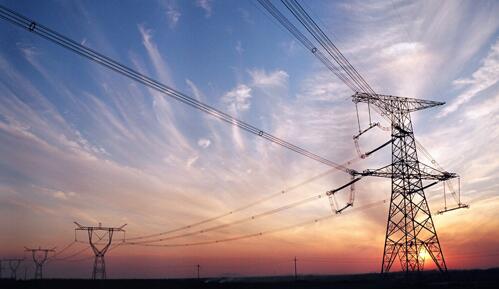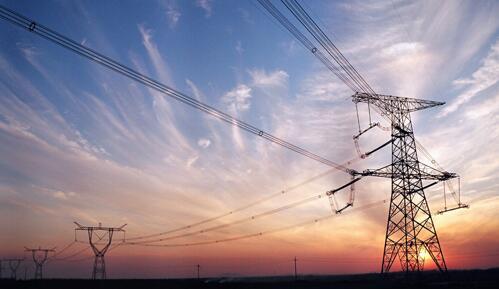
ARCOS, Brazil, Aug. 24 (Xinhua) -- Brazil's second ultra-high voltage (UHV) transmission line is going to be completed ahead of schedule.
Once constructed, the 2,518-kilometer line will transmit energy from the Belo Monte hydroelectric plant in northern Para state to Brazil's second-largest city and leading tourism destination Rio de Janeiro.
China's Shandong Electric Power Construction Corporation 1 (SEPCO1) is working to deliver its two tracts -- one in southeast Minas Gerais state and the other in northeast Tocantins state -- by February 2019, some three months before the contract deadline.
Aldo Camargo, project director for a nearly 254-km tract of transmission line, accredited the rapid pace of construction to good teamwork.
"There's a very good understanding between the Brazilians and the Chinese," said Camargo, who has worked for SEPCO1 in Brazil for 15 years.
"One of the principal characteristics (of the project) is the teamwork, respect and support we have gotten from the entire Chinese team," Camargo said.
To speed up the construction, workers are teamed up to erect transmission towers and install the UHV cables. As soon as the cables are operational, a separate team will take care of the next steps to deliver energy for commercial use.
So far, the project has helped generate jobs and income for local communities. Recently, some 980 workers from the nearby towns of Sao Gotardo and Candeias were employed for the project.
Camargo's Chinese counterpart, Ju Tao, highlighted Brazil's strict regulations to ensure environmental protection.
"We always observe Brazil's environmental laws and regulations to reduce our impact on the environment while we work on the project," Ju said.
For this project, "we took a series of measures to tackle noise, dust and waste. We also hired a local environmental consultant to better apply the environmental laws," he added.
"The project we're working on forms part of the Belt and Road Initiative and I'm very honored to have participated in its realization in Brazil," Ju said.
Last year, SEPCO1 has helped complete Brazil's first UHV transmission network, also ahead of schedule. The 2,000-km cable supplies Brazil's biggest city, Sao Paulo, with energy from Belo Monte.




 A single purchase
A single purchase









